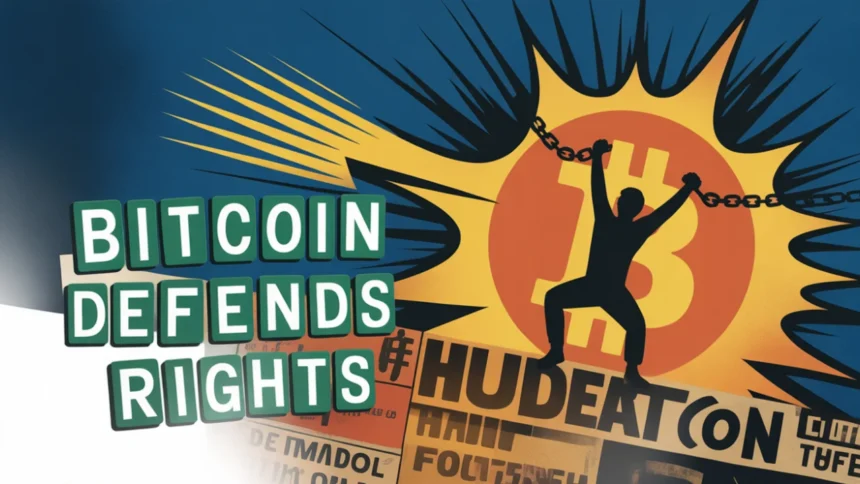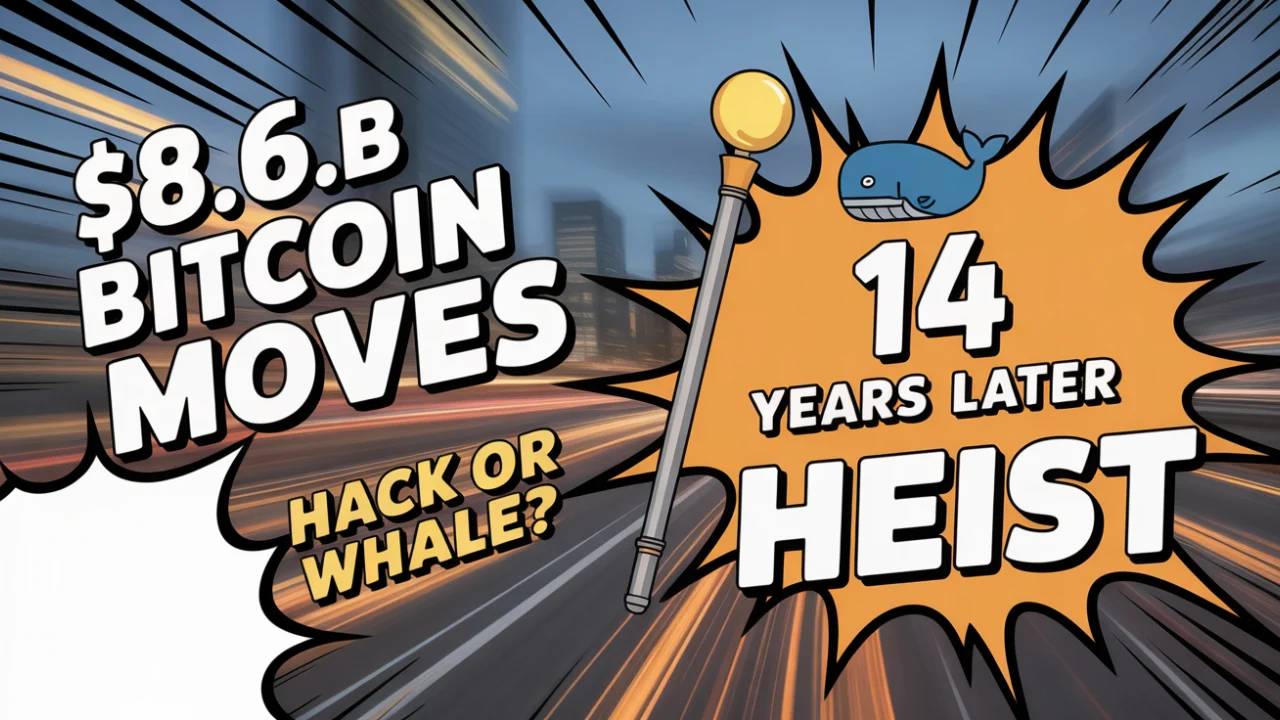Bitcoin is more than a store of value—it’s a weapon against tyranny. That was the message from Human Rights Foundation (HRF) executive Alex Gladstein, who told U.S. policymakers this week that Bitcoin has “essentially saved” lives in authoritarian countries by bypassing state control and hyperinflation.
🧩 What Happened:
Gladstein spoke at the Bitcoin Policy Summit in Washington, D.C., and called Bitcoin a direct threat to authoritarian regimes.
“Bitcoin is intended for dictators,” he said.
He told a room full of American politicians, “With Bitcoin, the ability of these leaders to do these things is completely decimated,” referring to how fiat currency is used to control citizens—freezing accounts or triggering hyperinflation.
The HRF first noticed Bitcoin’s potential during Ukraine’s 2013 pro-democracy protests when traditional financial systems failed to support the activists. “This was very early in Bitcoin’s life cycle; Bitcoin was worth, like, a hundred bucks at the time,” he noted. “It got the value to them where traditional money couldn’t go.”
🔍 Why It Matters for the Market:
While Bitcoin is often seen through the lens of price volatility and ETF approval cycles, its real-world use case as a censorship-resistant network is gaining political traction. Gladstein’s testimony adds to the growing argument that Bitcoin isn’t just digital gold—it’s a human rights tool.
This could impact upcoming crypto regulation in the U.S. as lawmakers weigh financial innovation and national security concerns. In unstable regions where fiat currencies are tools of oppression, Bitcoin’s decentralized nature is proving to be invaluable.
With BTC at $107,000, long-term holders may see this as more validation of Bitcoin’s unique role beyond speculation—especially in emerging markets and conflict zones.
🗣️ Quotes:
“Bitcoin is bad for dictators,” said Gladstein.
“If you’re self-custodying your Bitcoin, governments can’t delete or freeze your stuff, and they certainly can’t hyperinflate you,” he explained.
“So many people from these countries and so many other countries have essentially been saved or rescued because of this technology.”
“It got the value to them where traditional money couldn’t go.” 💰 Investor:
For long-term holders of Bitcoin, this is another data point for its durability and use case. In places where fiat can be frozen, inflated, or manipulated, Bitcoin’s fixed supply and censorship resistance become more than just features—they become lifelines.
This also supports the demand from citizens in countries like Venezuela, Nigeria, and Lebanon, where the local currency has collapsed. More adoption in these regions could drive global wallet usage and long-term holding behavior—two metrics that analysts often tie to bullish market sentiment.
🧾 Conclusion:
As Bitcoin’s use case evolves from speculation to sovereignty, its role in geopolitics may become harder for policymakers to ignore. With upcoming global elections, continued unrest, and rising inflation risks, Bitcoin’s human rights narrative may gain even more ground in both activist and investor circles.
Is Bitcoin becoming not just an asset but a statement against tyranny?




